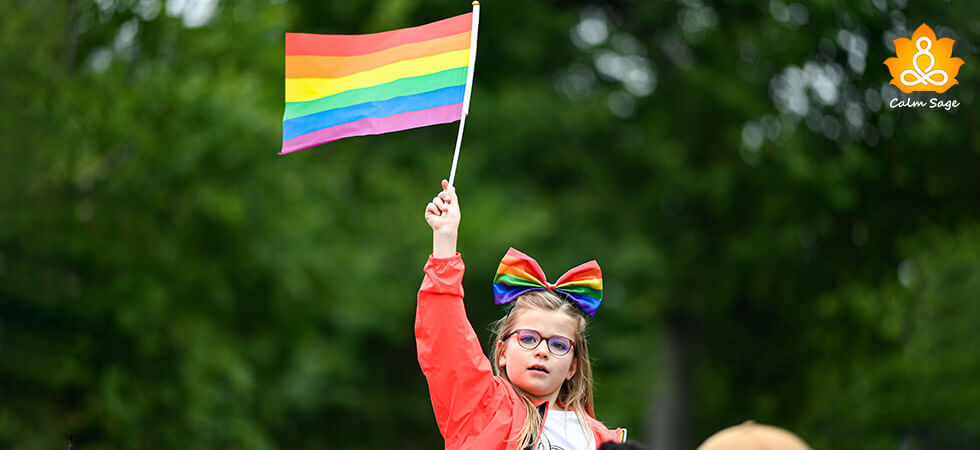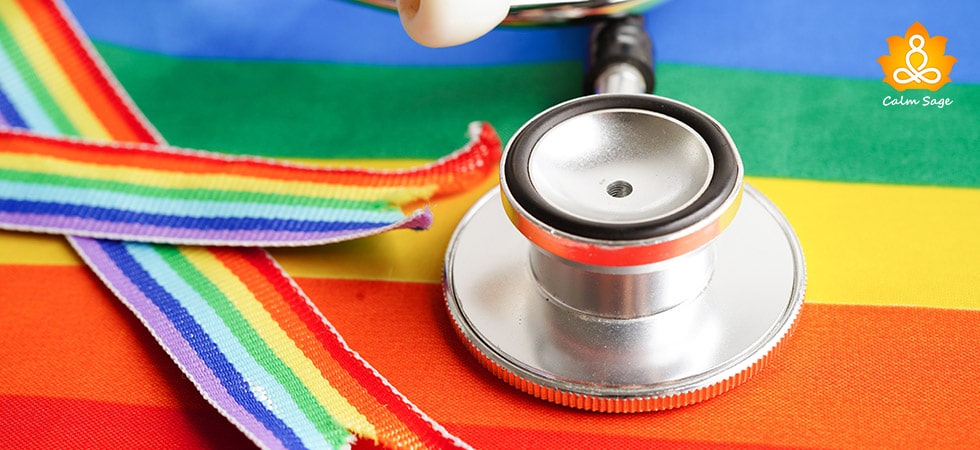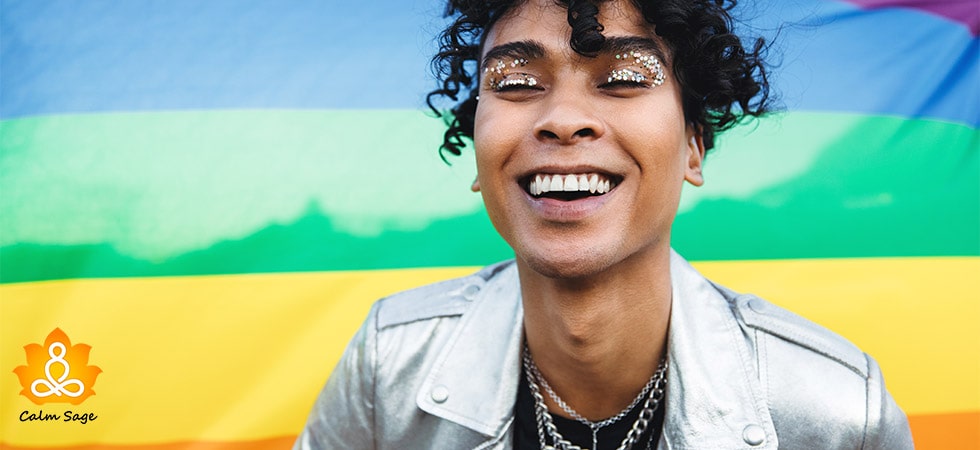Aging With Pride: Supporting Our LGBTQ Elders This Pride Month And Beyond
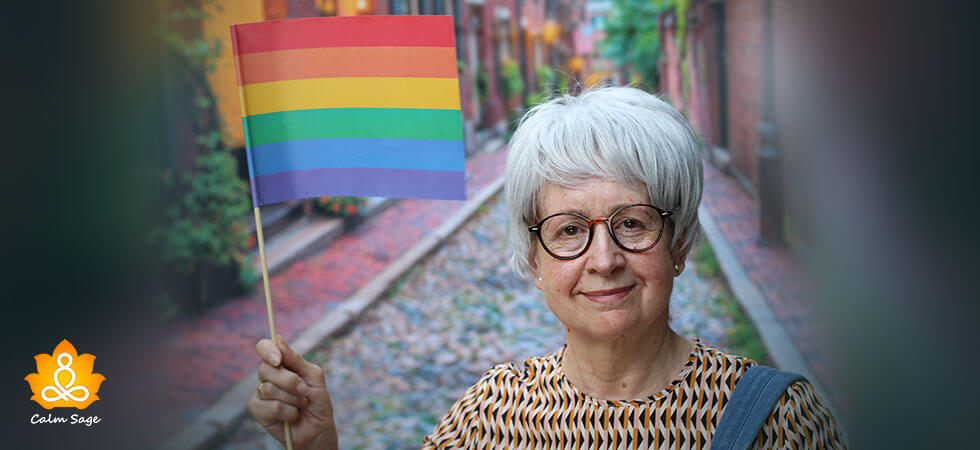
In a culture where young voices are heard louder than others, the voices of the aged have been muted. In a world that centers on youth and youthful voices, the elder generation feels lost and ignored. Their concerns are overlooked in favor of the younger generation.
And that goes for the LGBTQ elders as well. In between all the young voices, queer elders’ identity seems muted. Many LGBTQIA+ elders face abuse, discrimination, health insecurities, and severe mental and physical health outcomes.
Imagine a world where your sexuality is not accepted, you’re rejected – not just by the public, the strangers, but also your family for being uniquely different. In their youth, our LGBT elders have experienced physical and sexual abuse, homelessness, and rejection due to their sexual or gender identity.
In this blog, we’re taking a stroll and exploring aging with pride and how we can care for our LGBTQ elders with needed support.
Aging With Pride: The Stats
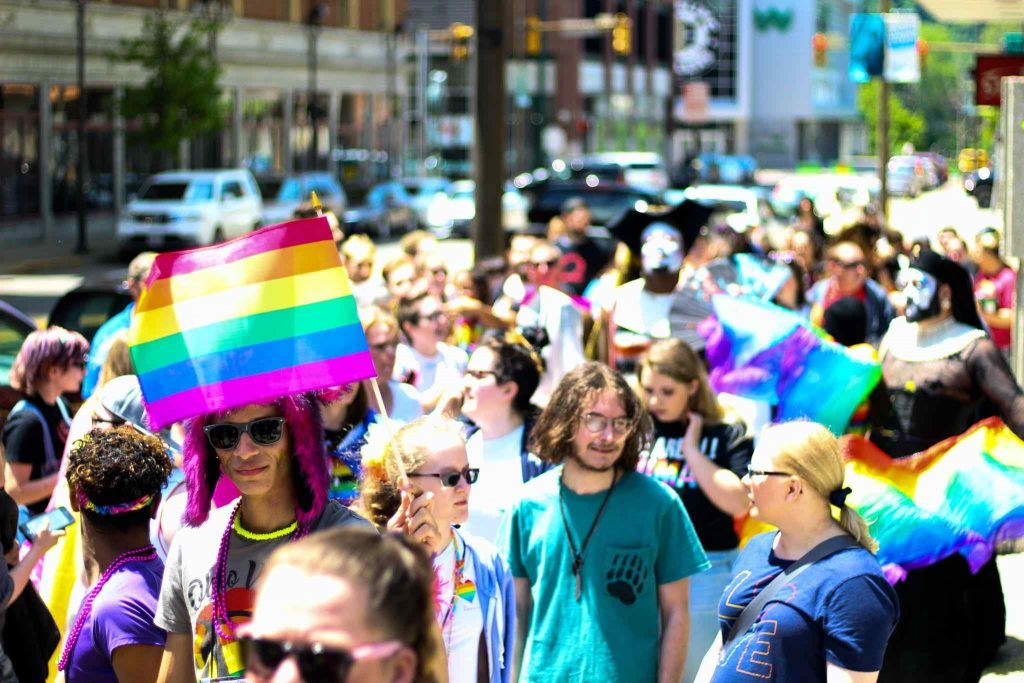
Did you know that by 2060, the number of adults (aged 50 or more) is expected to go up to 5 million in the United States itself? This number was collected by data from the Aging With Pride: National Health, Aging, Sexuality, Gender Study.
For over 10 years, researchers have been following over 2000 adults (aged 50-100) and examining the consequences of psychological, social, and behavioral factors on their overall well-being. The lead researcher, Dr. Karen Fredriksen-Goldsen says that LGBTQ elders are at risk of severe healthy disparities and chronic health issues compared to their cisgender counterparts.
Along with that, older LGBTQ adults are likely to experience higher levels of social isolation and poor mental health. In another study, it was found that more than 80% of LGBT elders reported being victimized at least once in their life with more than 60% saying that they’ve been victimized at least three times in their lives.
About 13% of older LGBTQ adults have been denied healthcare services and were given poor treatment.
In this overall study, more than 40% were adults with a disability. This is the same population who were affected by the AIDS crisis that left an entire generation reeling post-epidemic.
They also explain that LGBTQ elders experience a higher rate of social isolation than their cis counterparts. According to the Aging with Pride study, 66% of bisexual men, 62% of transgender adults, 53% of older gay men, 55% of older bisexual women, and 48% of older lesbians, are certain groups who experience higher levels of social isolation.
Additional challenges faced by LGBTQIA+ people (young or old) can increase the risk of depression, anxiety, and suicidal ideation.
While LGBTQ elders face severe health risks, they have social support. Older LGBTQ adults living and involved in their communities are less likely to face victimization, discrimination, abuse, and bias, and are likely to experience a greater sense of belonging and togetherness.
Coming Out: The Consequences
Coming out of the closet, for many of us younger LGBTQ generation, is an empowering opportunity but it is equally challenging for older LGBTQ adults to come out or remain out and proud to their families and other peers. For example, when it comes to needing assistance from caregivers at home, LGBTQ elders are more likely to hide in the closet out of fear of a negative reaction from their caregiver.
Many LGBTQ elders do not have a support system around them and staying in the closet, for them, is a way to get needed support yet not face rejection from those around them. Dr. Fredriksen-Goldsen says that if these adults go to live in a long-term care house or facility, it can increase their feelings of social isolation.
Coming out is a process and is never a one-time thing. You come out and re-closet many times in your life. LGBTQIA+ people need to make a decision every day and ask themselves, “Is this a place where I can be out?” “Is this a safe space where I can be my true self?” Or “Is this a place where I need to go back into the closet to get the support I need?”
While many LGBTQ elders are accepted and well-loved in their community, some people choose to not present their authentic selves outside the community or to those who know them well. The fear of acceptance, even in social circles, is a valid fear that may drive many LGBT adults back into the closet.
Supporting Our LGBTQ Elders
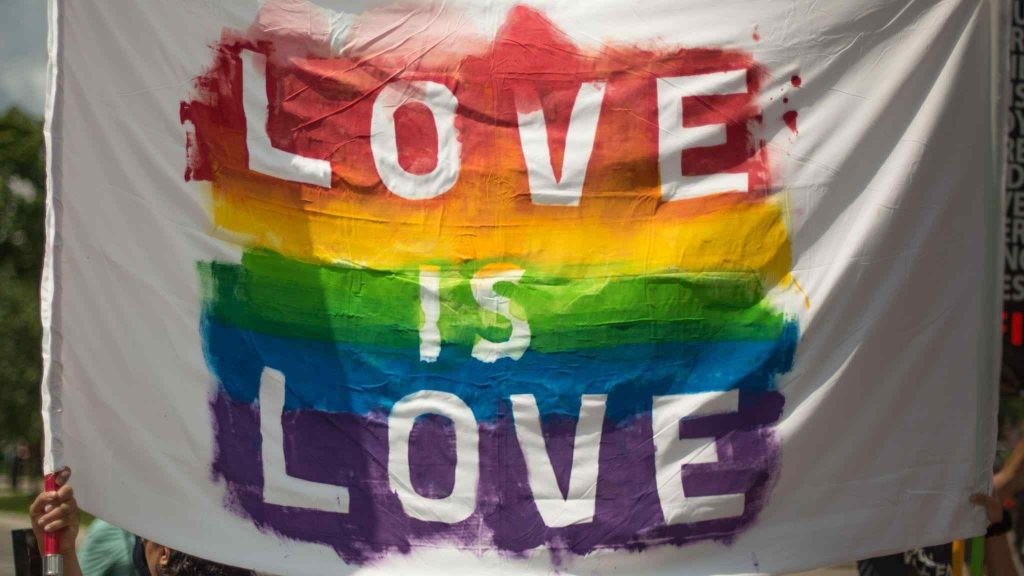
Interestingly yet not surprisingly, there are older LGBT adults who have a large social network and support. Mainly because of the many (ever-increasing) online groups and support networks. In a study, it was found that LGBTQ elders who had a partner or a child were likely to have a larger support system.
One such organization dedicated to helping older LGBTQ adults is SAGE. LGBTQ elders believe that organizations like SAGE offer a chance to connect with others who have similar problems and/or include issues such as family rejection, political issues, etc.
Finding a community you can come to can be comforting. When your biological family is not close to you or rejects you because of your lifestyle, sexual, or gender choices, having a place of acceptance can make one feel at home.
Seeing fellow LGBTQ elders in social isolation can also trigger feelings of depression or post-traumatic stress disorder (PTSD) and having a community, and much-needed support can be a relief.
One of the directors at SAGE says that there is a severe lack of mental health conversation when it comes to LGBTQ elders. And while things have gotten better in recent years, there’s still a segment of people who feel like an invisible segment of the LGBTQIA+ community.
If you are (or have) an older LGBTQ family member or friend, here are some things you can do to establish a support system for them:
- Reach out: If you haven’t already had a network of friends, take some time out and talk to them. Maybe go out for coffee, a movie, or other social activity. Spending some time with people you trust to have your back can help if you’re an LGBTQ elder.
- Go online: Online forums, chat rooms, and support groups for the LGBTQ community make it easier for you to stay connected with others in your community. As an ally, you can research more about the community to make your loved one feel comfortable around you.
- Follow your interests: Whether you enjoy sculpting, reading, jogging, cooking, or baking, there are chances of a local group or clubs with people who have the same interests as yours. Find one and join those classes to help make connections. As an ally, you can join your loved ones in these classes and see how they interact with others in their community and see how you can change your approach.
Pride is a matter of love and support – from within and outside of the rainbow community. With recent developments in healthcare support for the LGBTQIA+ community, let’s not forget our older generations, the ones that started Pride as we know it today.
Let’s hold hands with LGBTQ elders and make sure their voices don’t go unheard this Pride month and beyond.
For more, you can write to us at info@calmsage.com or DM us on our social media. You can also share your Pride stories with us on our social media with the hashtag #LoveOutLoudWithCalmSage.
Happy Pride!






